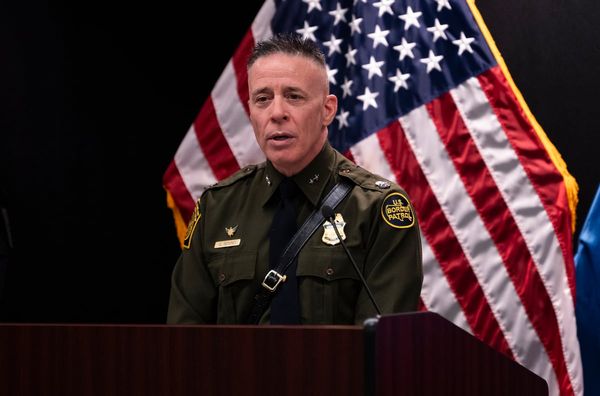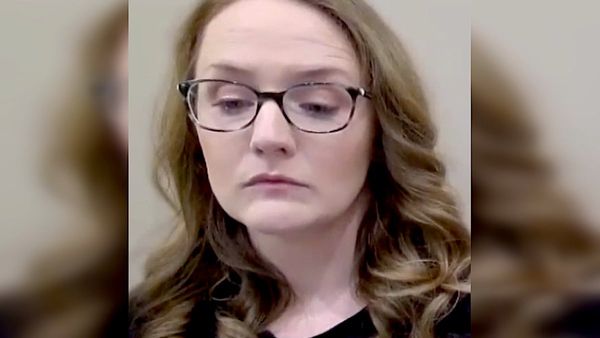THE Scottish Government has been accused of “sidelining” efforts to tackle climate change after it unveiled its proposals for carbon budgets to replace its net zero targets.
Under former first minister Humza Yousaf, the Scottish Government announced plans to abandon the interim target of reducing emissions by 75 per cent by the end of the decade, accepting the goal was “out of reach”, but remaining committed to reaching net zero by 2045.
Instead, ministers pledged a five-yearly cycle of carbon budgets, which aim to wind down emission more steadily and be more resistant to outside forces like unseasonable cold snaps driving up heating demand.
Climate Change Secretary Gillian Martin stressed Scotland will not “sacrifice people’s health or wealth” to reach net zero.
However, climate campaigners criticised the move and said ministers were “slowing down” action to tackle climate change.
The Scottish Greens also criticised the announcement, and said the SNP were “shying away” from taking action.
According to the Scottish Government’s proposals, between 2026 and 2030 emissions should be 57 per cent lower than the 1990 baseline – 18 points lower than the initial target.
The target between 2031 and 2025 is a 68 per cent reduction from the baseline, and 80 per cent for the following five years.
By 2041 to 2045, the final years of the plan, emissions should have reduced by 94 per cent, with the aim remaining for Scotland to reach net zero by this time.

“Scotland is now halfway to our 2045 climate change target and is ahead of the UK as a whole in reducing long-term emissions,” Martin said.
“These carbon budgets will set clear limits on emissions for the coming decades in line with the independent advice of the UK Climate Change Committee (CCC).
“When we publish our draft Climate Change Plan later this year, it will set out the policies needed to continue to reduce our emissions and meet our first three carbon budget targets.”
Martin added that the plan “will not ask the impossible of people”.
“While we welcome the UK CCC’s advice on how to stay within these limits, as they make clear, it is always for Scotland to decide whether those policies are right for us,” she said.
“This means, for example, that we will chart our own path on forestry, going further than the CCC suggest.”
She added that the Scottish Government won’t adopt the CCC recommendations on agriculture and peatland and instead “meet our targets in a way which works for rural Scotland, including supporting and protecting our iconic livestock industries”.
The budgets will be voted on by MSPs and, if passed, will be used to inform the plan.
The announcement was welcomed by WWF Scotland, but the group urged the Government to commit to “strong action” to meet the targets.
Claire Daly, the group’s head of policy and advocacy, said: “Future generations cannot afford any more missed climate targets, and this carbon budget must be set for success with strong policies to reduce emissions.”
Climate campaigners Friends of the Earth (FoE) Scotland said the Scottish Government’s announcement showed ministers “slowing down at precisely the moment we should be speeding up”.
Caroline Rance, head of campaigns, said: “The Scottish Government is in this dire position because of years of insufficient action by Ministers to tackle the climate crisis.
“The original climate targets could and should have been met. This lack of political will continues in Cabinet with a host of key plans and policies sidelined in the past year.”
Scottish Greens co-leader Patrick Harvie said: “This is a deeply troubling announcement from the SNP, and takes us another step away from evidence-based climate policy.
“We’ve known for years that ambitious targets alone aren’t enough to tackle the climate emergency, but that means we should be ramping up action to protect our planet, not watering down the targets.”
“We are in a climate emergency, and we need to start acting like it, so that future generations don’t look back and ask why Scotland abandoned them when we had the opportunity to fix things,” he added.







